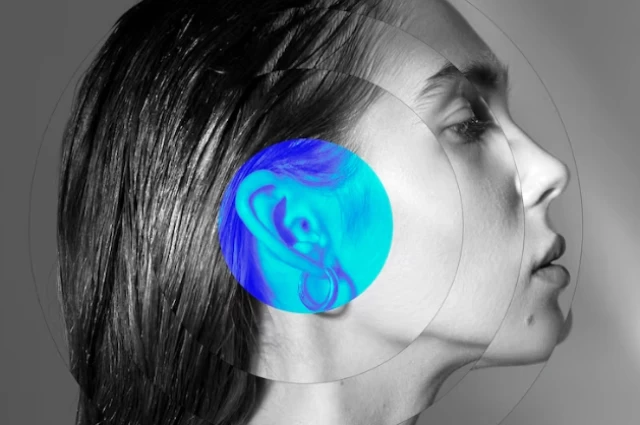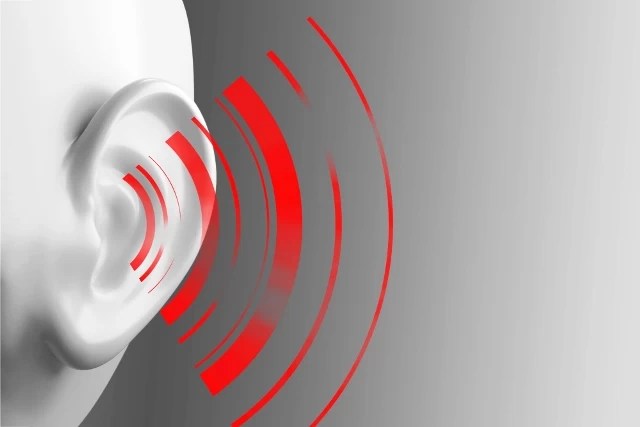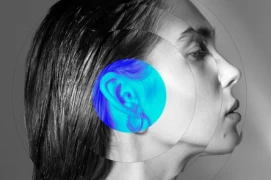
Chronic Otitis Media - Part 3: Treatment and Prevention Methods
- Chronic Otitis Media - Part 3: Treatment and Prevention Methods
- Treatment Methods for Chronic Otitis Media:
- Prevention Methods for Chronic Otitis Media:
- Conclusion:
Chronic otitis media is a chronic disease resulting from inflammation of the middle ear, which can lead to serious problems, including hearing loss. In the third and final part of the three-part series on chronic otitis media, I will discuss the treatment and prevention methods for this disease.
Treatment Methods for Chronic Otitis Media:
The treatment of chronic otitis media varies depending on the type, severity, and causes of the disease. The treatment plan is typically determined by an otolaryngologist and tailored to individual cases. Here are the treatment methods for chronic otitis media:
- Antibiotic Treatment: Antibiotics are used to control infections in mucosal-type chronic otitis media and to manage infections and reduce inflammation in squamous-type chronic otitis media.
- Ear Drops and Medications: Ear drops and other medications are used to repair the eardrum, reduce fluid accumulation, or control inflammation. Anti-inflammatory drugs may be used to reduce pain and inflammation.
- Ventilation Tube Placement (Tympanostomy Tube): In mucosal-type chronic otitis media, ventilation tubes are placed in the eardrum through a short surgical procedure to facilitate ventilation of the middle ear and reduce fluid accumulation, helping to maintain pressure balance.
- Cholesteatoma Surgery: Surgical intervention is required in cases of squamous-type chronic otitis media with cholesteatoma. Surgery involves removing the cholesteatoma and cleaning the middle ear.
- Hearing Aids: Hearing aids are used to correct hearing loss resulting from chronic otitis media. Depending on the degree and type of hearing loss, an audiologist selects and adjusts an appropriate hearing aid.
- Preventive Measures: Taking preventive measures related to the causes of the disease can help prevent recurring infections. For example, being cautious of allergies, avoiding smoking, and maintaining ear hygiene.
Early diagnosis and effective treatment help prevent hearing loss and reduce other complications associated with chronic otitis media.

Prevention Methods for Chronic Otitis Media:
Some measures to prevent chronic otitis media include:
- Good Hygiene Practices: Paying attention to ear cleanliness without inserting sharp objects into the ear is crucial. Cotton swabs should not be used as they can harm the eardrum. If there is ear discharge, keeping it clean and dry is important.
- Avoiding Smoking and Secondhand Smoke: Smoking increases the risk of middle ear infections. Therefore, smoking should be avoided, and exposure to secondhand smoke should be minimized.
- Being Cautious of Allergens: Avoiding substances that can trigger allergic reactions helps reduce the risk of allergic rhinitis and other allergic conditions leading to ear problems.
- Immunization: Receiving appropriate vaccinations for both children and adults helps prevent middle ear infections, especially influenza and pneumococcal vaccines.
- Good Ventilation: Sudden changes in air pressure can lead to ear problems. Attention should be given to pressure changes during air travel or when traveling to high-altitude areas.
- Supporting Eustachian Tube Function: Adequate water intake, chewing movements, and swallowing reflex are important for the proper functioning of the Eustachian tube, which maintains pressure balance in the middle ear.
- Using Ear Protection in Cold Weather: Wearing ear protection such as earmuffs or hats in cold weather helps prevent middle ear infections.
- Early Treatment of Illnesses: Upper respiratory infections and other respiratory conditions should be treated early to reduce the risk of chronic middle ear infections.
- Vaccines: Both influenza (flu) and pneumococcal vaccines are effective in preventing middle ear infections.
While these measures reduce the risk of chronic otitis media, individual precautions should be taken based on personal health conditions and genetic factors. Especially, children and individuals with a history of chronic otitis media should undergo regular health check-ups and seek advice related to the disease.
Conclusion:
As I conclude this three-part series on 'Chronic Otitis Media,' it is worth summarizing briefly. Chronic otitis media is a serious ear disease that can be controlled with appropriate treatment and management. Early diagnosis and effective treatment enhance the quality of life for patients and help prevent hearing loss.
Therefore, individuals experiencing any ear symptoms should consult an otolaryngologist. Accurate diagnosis and treatment in this specialized field contribute to individuals having a healthy ear structure.
Stay healthy...

Op. Dr. Selami Yavuz
Otolaryngologist





